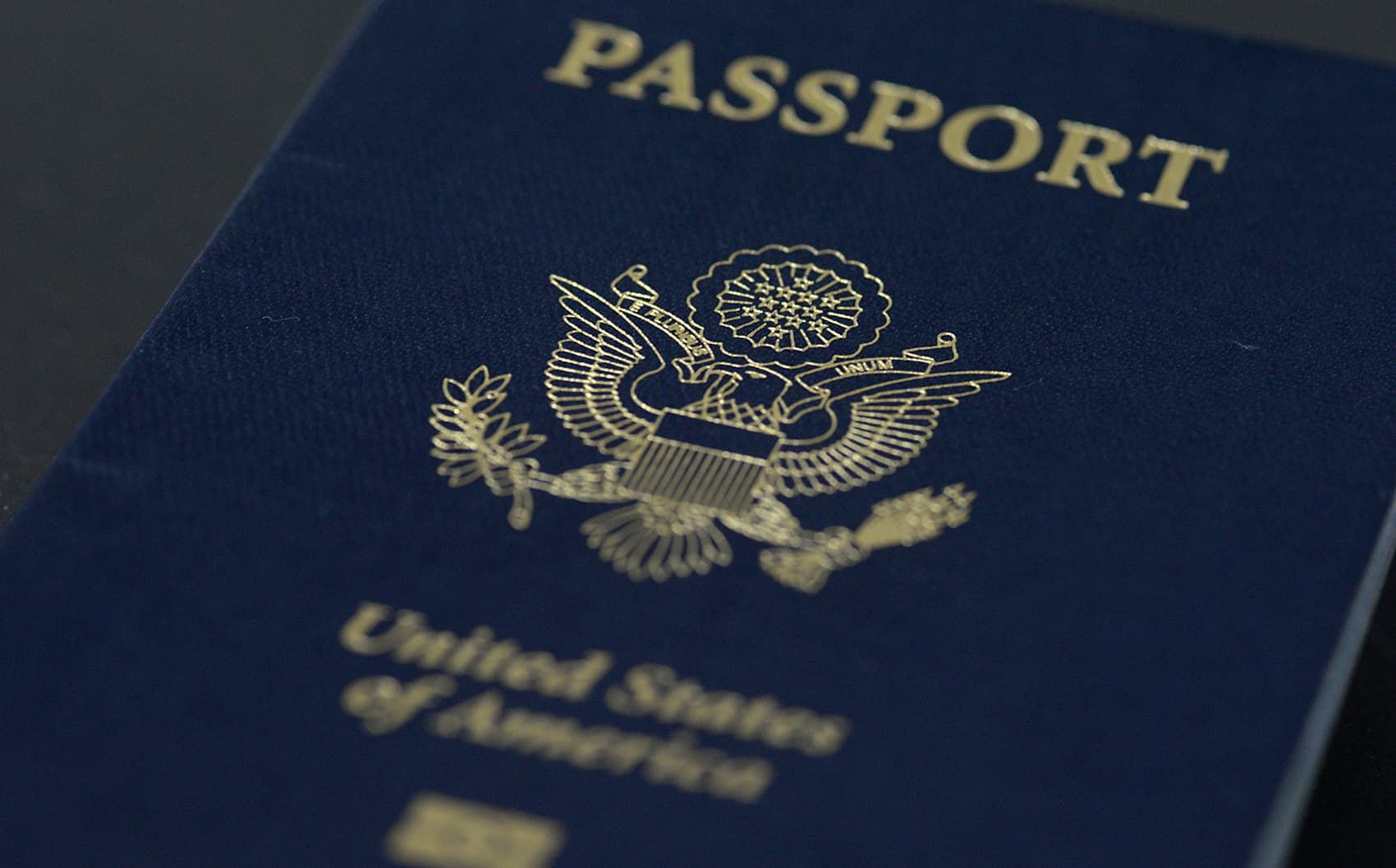Don’t let the door hit you on the way out! The processing fee to renounce U.S. citizenship went up 422 percent, according to a press release from the U.S. Embassy in San José on Wednesday. Starting on Sept. 12, the fee to renounce U.S. citizenship is going up from $450 to $2,350. U.S. citizens living abroad have been giving up their passports in record numbers in recent years, and the State Department seems primed to make some money in the process.
Randall Madriz, a tax lawyer with Pacheco Coto, a San José law firm, told The Tico Times that taxes are often the greatest motivator for U.S. expats to give up their U.S. citizenship. Madriz opined that the United States’ unique policy of levying taxes on its citizens regardless of where they reside and the recently approved U.S. Foreign Account Tax Compliance Act, or FATCA, were among the mean motivators driving some expats to say adios to Uncle Sam.
The U.S. Treasury Department reported in August that 576 people expatriated during the last quarter.
“The problem is compliance and the costs to comply. Complying with all the rules and regulations in the United States isn’t easy. Many people, whether intentionally or not, have problems complying. So some people are giving up their citizenship,” Madriz said.
One expat The Tico Times consulted – who asked to remain anonymous – said it cost $10,000 a year to file U.S. taxes.
Madriz explained that FATCA is about expats reporting their income and is not a tax, although it might lead expats to declare more than they would otherwise. According to the agreement signed by Costa Rica and the U.S., starting on March 31, 2015, local financial institutions will have to start reporting to the Internal Revenue Service information about their U.S. taxpayer clients who conducted transactions during 2013 and 2014. Starting in 2016, personal accounts containing more than $50,000 and corporate accounts containing more than $250,000 will be reported.
But while renouncing citizenship might get a disgruntled citizen out of future taxes it does not excuse outstanding debts to the IRS. Madriz said the IRS would have to sign off on anyone abandoning their citizenship.
Several other fees also are changing, effective Sept. 12:
- E Visas (for traders and investors, authorized based on trade and navigation agreements between the U.S. and other countries): from $270 to $205
- K Visas (fiancé visas): from $240 to $265
- Border Crossing Card: from $15 to $16
- Immediate Relative/Family Based Immigrant Visas: from $230 to $325
- Employment-based Immigrant Visas: from $405 from $345
- Other Immigrant Visas (I-360 and special Immigrant Visas): from $220 to $205
- Waiver of two-year residency requirement: from $215 to $120
- Determining returning resident status: from $275 to $180
The non-immigrant visa fee (B1/B2 visas) will remain the same ($160), as will the price of passports for U.S. citizens.
Correction Sept. 8, 2014: This post originally reported the Border Crossing Card as a “Boarding” Crossing Card due to a typo in the embassy’s press release.






